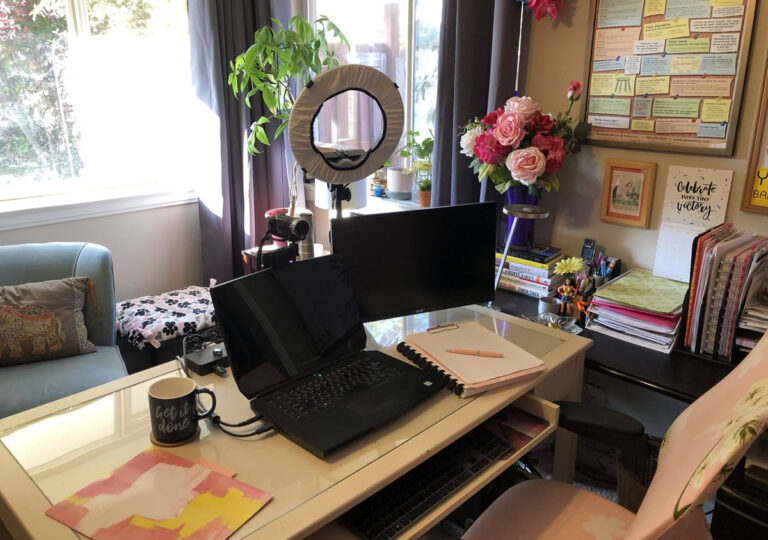From Side Hustle to System: How to Automate a Micro-Business in 30 Days
Most side hustles fail—not because the idea is bad, but because the owner never builds the systems needed to turn sporadic income into sustainable revenue. The difference between a hobby and a business is simple: a hobby depends entirely on you, while a business runs on processes that work whether you’re active or not.
The good news? You don’t need a full team, huge budget, or complicated tech stack to automate your micro-business. You just need intention, structure, and 30 days. Whether you run a digital service, online shop, consulting operation, or small local brand, automation is the most powerful tool you can adopt in 2025.
Here’s a clear, realistic roadmap to get your business running smoothly—without the burnout.
Week 1: Map Your Workflow (The Foundation of Automation)
Before you automate anything, you need to understand what actually needs automating. This week is all about clarity.
Start by writing down every step your business takes from start to finish:
- How customers find you
- How they contact you
- How you respond
- How you deliver services/products
- How you invoice
- How you follow up
This is your “business blueprint.” Most micro-business owners carry this in their heads—but once it’s on paper, inefficiencies become obvious.
Then ask yourself:
Where do I repeat the same tasks over and over?
Those repetitive tasks are your automation opportunities.
Small wins this week include:
- Creating a simple email template for inquiries
- Standardizing your pricing or service packages
- Documenting your client onboarding steps
Clarity is the seed of automation. You can’t automate chaos—you can only automate a system.
Week 2: Automate Your Front-End Touchpoints
Now that you know your workflow, it’s time to automate the customer-facing side.
Start with your three most time-consuming tasks:
1. Appointment scheduling
Use tools like Calendly or Acuity. No more back-and-forth messages.
2. Inquiry responses
Automate with:
- Pre-written email sequences
- Chat widgets
- Auto-reply contact forms
This ensures customers hear from you instantly—even when you’re asleep.
3. Payment collection
Set up:
- Automatic invoicing (Wave, QuickBooks, Stripe)
- Auto-deposits
- Recurring billing if applicable
When payments are automated, cash flow becomes predictable instead of stressful.
These micro-automations free up hours of your week and make your business feel more professional instantly.
Week 3: Create Repeatable Delivery Systems
This is where your business moves from “side hustle scramble” to “smooth operation.”
Depending on your niche, consider:
For product businesses:
- Automated order printing
- Auto-generated shipping labels
- E-commerce integration with Shopify or Etsy
- Inventory alerts
For service businesses:
- Pre-built templates (reports, proposals, client briefs)
- Automated file delivery
- Onboarding questionnaires
For digital creators:
- Scheduled content
- Automated digital downloads
- Pre-built funnels
Your goal this week is simple:
Deliver faster without working harder.
Week 4: Build Follow-Up + Retention Systems
Too many micro-businesses focus only on acquiring customers. But retention is where the profit is.
Use this week to create:
- Automated “thank you” emails
- Review requests
- Re-engagement sequences
- Quarterly check-in messages
- Birthday or anniversary messages
These tiny automations turn one-time customers into loyal ones.
Remember, retention systems are often the difference between a $500 month and a $5,000 month.
The Truth About Automating in 30 Days
Automation doesn’t replace your business—it amplifies it. The first 30 days will transform how you work, reduce decision fatigue, and create a more polished customer experience.
The real magic is what happens afterward:
- You stop reinventing the wheel
- You reclaim your time
- You can scale without stress
- You finally feel like a business owner—not a task manager
Small systems create big stability. And big stability creates room for growth.
If you want your side hustle to become a real business, automation is the bridge. The next 30 days can change everything—one system at a time.





